comfrey plant
JBS56
11 years ago
Related Stories
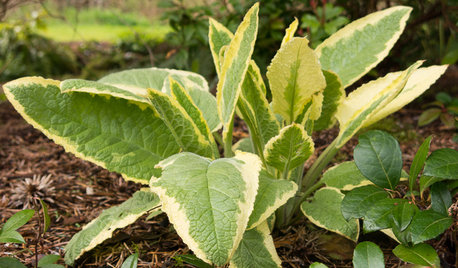
GARDENING GUIDESGreat Design Plant: Axminster Gold Comfrey for Sun or Shade
Plant this perennial for bold color that will light up shady spots, sparkle in the sun and add interest from spring until fall
Full Story
EDIBLE GARDENSGarden BFFs? Why Your Vegetables Are Begging for Companion Plants
Foster friendships among plants for protection from pests, pollination support and color camaraderie
Full Story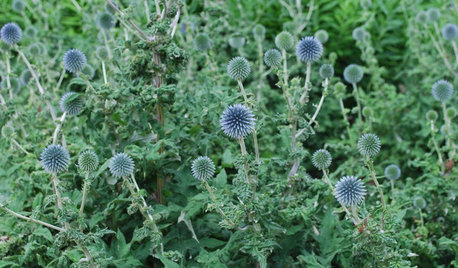
GARDENING GUIDESGreat Design Plant: Globe Thistle
Trot out globe thistle in a sun-drenched garden spot for strikingly sculptural blue flowers through October
Full Story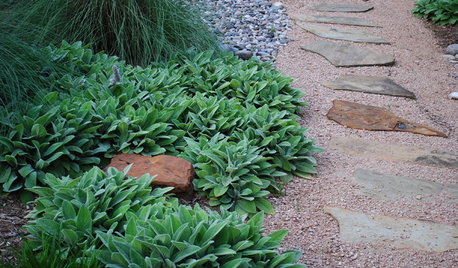
SAVING WATERLush Gardens With Low Water Needs
Drought tolerant doesn’t have mean spindly, brown and thorny
Full Story
GARDENING GUIDESTexas Gardener's May Checklist
Be especially water wise this month as you sow seeds, tend to your lawn and plant edibles, grasses and flowers
Full Story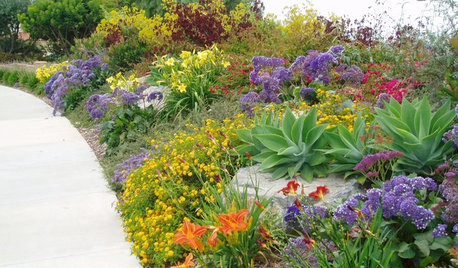
GARDENING GUIDESTexas Gardener's June Checklist
Win the battle against heat and drought with these plant picks and extra effort, for a garden that reigns supreme in summer
Full Story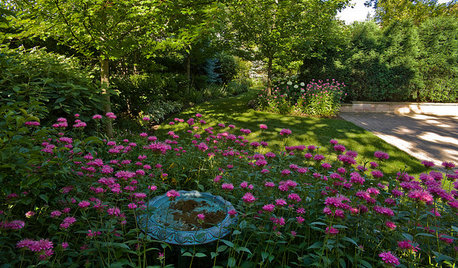
LANDSCAPE DESIGNExuberant Self-Seeders for Gorgeous, Easy-Care Gardens
Keep weeds down, color high and maintenance low with beautful plants that sow themselves
Full Story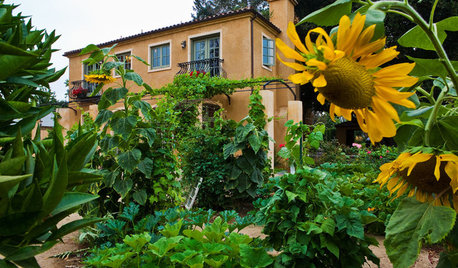
REGIONAL GARDEN GUIDESTexas Gardener's April Checklist
Get your sowing and planting on — spring brings a tantalizing array of possibilities in the garden
Full Story
EDIBLE GARDENSNatural Ways to Get Rid of Weeds in Your Garden
Use these techniques to help prevent the spread of weeds and to learn about your soil
Full Story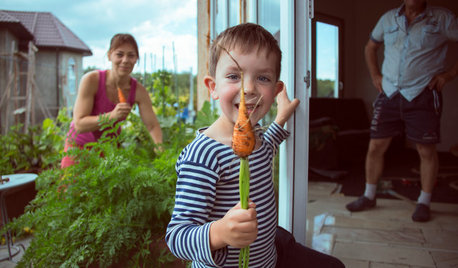
GARDENING AND LANDSCAPINGWorld of Design: 10 Home Gardeners Show Us Their Sweet Summer Harvests
From New York to Tokyo, these gardeners have turned their yards, terraces and rooftops into places of bounty
Full Story





theherbalist2012
fatamorgana2121
Related Professionals
Lake Oswego Landscape Architects & Landscape Designers · Cary Landscape Contractors · Cornelius Landscape Contractors · Goodlettsville Landscape Contractors · Kailua Landscape Contractors · Pacifica Landscape Contractors · University City Landscape Contractors · Westchester Landscape Contractors · Matteson Carpenters · Norwood Carpenters · San Marcos Carpenters · Worcester Carpenters · St. Louis Roofing & Gutters · Norridge Roofing & Gutters · Channahon Roofing & Guttersrusty_blackhaw
fatamorgana2121
WyldViolet
rusty_blackhaw
fatamorgana2121
WyldViolet
theherbalist2012
rusty_blackhaw
kaliaman
theherbalist2012
kaliaman
rusty_blackhaw
kaliaman
rusty_blackhaw
kaliaman